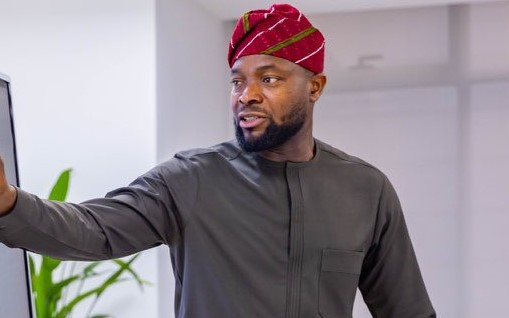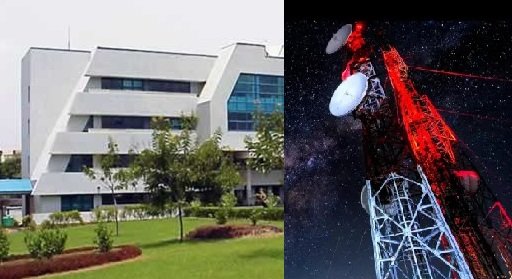The Federal Government has announced plans to equip twelve federal universities with high-fibre digital infrastructure before the end of the year. Some institutions will also benefit from uninterrupted electricity to support academic and research activities.
Minister of Communications, Innovation, and Digital Economy, Dr. Bosun Tijani, made the announcement at the commissioning of a high-fibre digital facility at the University of Abuja’s old Boys Hostel.
“This initiative we are launching today is the first of seven in a pilot scheme. By the end of July, all seven universities will be connected,” he stated.

Dr. Tijani explained that the project aims to provide students with digital access and skills, helping them engage with global tech opportunities before graduation.
Citing examples of young Nigerians who have built billion-dollar online payment firms, he urged students to leverage the digital infrastructure provided by the administration to build careers in technology.
The project is a partnership between the Federal Government, Galaxy Backbone Nigeria Ltd, Huawei Technologies Nigeria, and other tech companies. It will provide free Wi-Fi across campuses, ensuring equal digital access for students.
Key Officials Present at the Inauguration
The commissioning event was attended by several government and industry leaders, including:
- Kashifu Inuwa, Director-General of the National Information Technology Development Agency (NITDA).
- Dr. Vincent Olatunji, National Commissioner for Nigeria Data Protection Commission.
- Mrs. Jane Egerton-Idehen, Managing Director of NigComSat.
- Mrs. Tola Odeyemi, Postmaster General of the Federation.
- Prof. Patricia Lar, Acting Vice Chancellor of the University of Abuja.
- Mr. Teorens Wu, Managing Director of Huawei Technologies Nigeria.
Uninterrupted Power Supply for Universities
Minister of Education, Dr. Maruf Alausa, revealed that some universities have been selected to enjoy 24-hour electricity supply under the presidential renewable mini-grid project.
“The University of Abuja is one of the beneficiaries. It has a 3.3 megahertz mini-grid, ensuring a constant electricity supply,” Dr. Alausa said.
He confirmed that by the end of 2026, all designated special institutions will have mini-grids, guaranteeing round-the-clock electricity.
Dr. Tijani emphasized that digital inclusion is essential for students to navigate modern challenges and create a future without relying on traditional jobs.
“University students cannot continue to learn without meaningful connectivity. When we give you access, you will not only improve in your studies but help create the future our president envisions,” he said.
Prof. Patricia Lar described the project as a milestone that would transform the campus environment.
“This initiative will provide all students, regardless of economic background, with access to data for learning and creativity,” she remarked.
Rate, Like 👍, Comment, share this article and Follow us on our social media handles.








